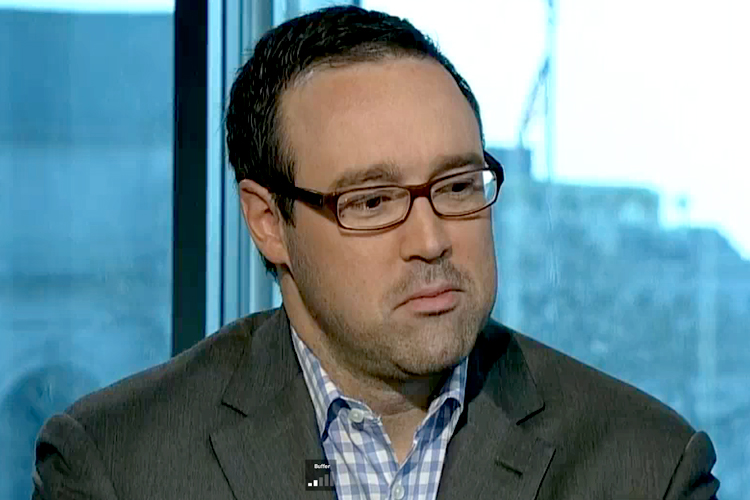It’s still hard to believe: Eric Cantor, one of the most powerful politicians in the country, got his ass handed to him by an academic nobody named Dave Brat. And the major news organizations — the New York Times, the Washington Post, etc. — didn’t see it coming. (Neither, it should be noted, did Cantor’s own pollster.) Should they be embarrassed? The Post’s Chris Cillizza is here to tell you that, no, they should not.
His column is a response to David Carr, who took a well-deserved shot at “Beltway journalism.” Carr points out that the local reporters, who were the only ones paying attention to the race, were not blindsided by Brat’s success. The Chesterfield Observer’s Jim McConnell, for example, observed on June 4 that “Brat’s campaign is gathering steam as it hurtles toward the finish line.”
Cillizza disputes that physical proximity to the race — talking, in person, to voters in Cantor’s district — would have mattered. He writes: “Anecdotal evidence, the basis of so much journalism prior to the rise of the data movement and still, to my mind, over-relied upon — is just that: anecdotal.” I agree, but only to a point. In this instance, interviewing voters would have been particularly important precisely because the polling was so flawed. Talking to a swath of voters might have given a sense of the way the winds were blowing, and injected some skepticism about the polling numbers.
So, why didn’t Cillizza pick up the phone or take a Bezos-funded road trip? Well, he’d prefer not to. He writes: “I will admit that I talk to ‘average’ voters much less than I did when I was a younger reporter,” thanks to the Internet and “the fact I am older now with a family and less willingness to travel at a moment’s notice.”
Maybe. But it seems like Cillizza has not been fond of hitting the pavement for some time. Here he is five years ago, addressing students at Washington, D.C.’s Woodson High School. He was in his early 30s and already, more or less, at the pinnacle of his field:
It’s a fun, cool job. When I tell people I’m a reporter and I get to cover the White House, not everyone thinks it’s interesting, but a lot of people think it’s sort of a neat job. And it is cool, because I get to come do stuff like this. I get to work from home a lot, which is nice, you know. I get to set my own schedule. You know, I’m not, like, going into work at nine and leaving work at five. … You’re not having to go to work necessarily every day. There’s nobody who’s always saying, “Hey Chris, where are you? What are you doing right now?” Which is nice.
The Post’s political reporter seems like a great gig!
Look, I’m not saying Cillizza is devalued because he didn’t get this insane election right; few did. But he — and his similarly rarefied, powerful colleagues — ought to be held to a higher standard. The conclusion of his column suggests this is unlikely. His job as a political reporter, he writes, is “not to always know what will happen next but rather to make sure that when something happens I didn’t expect, to figure out why and explain it to people as well and quickly as I can.” That seems like a ready-made rationalization for future failures.

